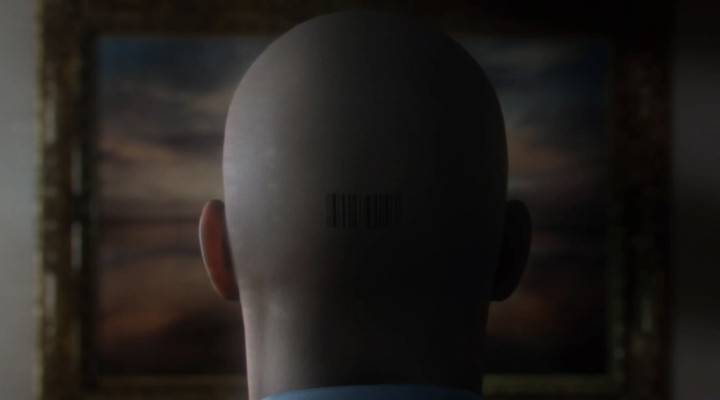
While the recent Hitman trilogy is beloved by a lot of folks, most people argue that the central narrative isn’t all that great. No, with Hitman, it’s the gameplay — as well as the emergent stories — that wows people, not the overarching story that ties the whole thing together.
However, I recently replayed the full World of Assassination story (which begins with 2016’s Hitman reboot, flows into Hitman 2 and its two DLC maps, and concludes with last year’s Hitman 3), and I have to say I disagree.
Now, I should point out here that I played the game differently than the folks who started playing way back in 2016 and stuck with the trilogy to its conclusion, and I think that’s hugely important here. Initially, Hitman (2016) was episodic, with one map releasing at a time. Hitman 2 came out in one chunk in 2018, then the DLC maps came out one at a time in 2019. Finally Hitman 3 also released in a chunk in 2021. This means people who played from the beginning would drop in, focus on one mission, or one series of missions, and then stop playing for long stretches of time.
When you play this way, your focus is a single map, which you can end up spending a lot of time with. What sticks out in your mind the most is the story you yourself told via your own creativity, or perhaps some of the more memorable side stories that are programmed into the game. And the core narrative kind of fades into the back of your mind as you play and replay each mission in an attempt to get those SASO (Silent Assassin, Suit-Only) ratings.
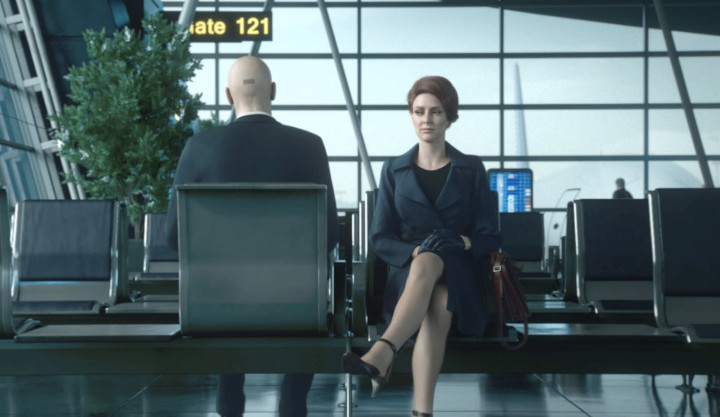
To really appreciate the story, you need to play the trilogy from start to finish in one solid chunk (like I did), and focus on the context without getting too distracted by the gameplay details. I definitely recommend revisiting it once you’ve mastered all the levels, so you can whiz through the story as quickly as possible without spending too much time stuck in a single map. In the beginning, the story does feel like slightly disjointed excuses to get you into a map and give you some killin’ tools, but by the middle of the first game, an overarching narrative begins to emerge. And I personally find that narrative to be pretty compelling.
In the very beginning, your targets feel disconnected: a pair of international spies hiding in plain sight as fashion moguls, a bioengineer who concocted a deadly virus, a Moroccan military leader who’s staging a coup and the Swedish banker who’s a part of the plan, and a rock star who’d possibly murdered his girlfriend. But these end up being part of a web of espionage, intrigue, and conspiracy, and it seems the ICA (which Agent 47 works for) has been infiltrated by a shadow agency called Providence. Suddenly, you’re unable to trust anyone, and you must work in secret to untangle this web.
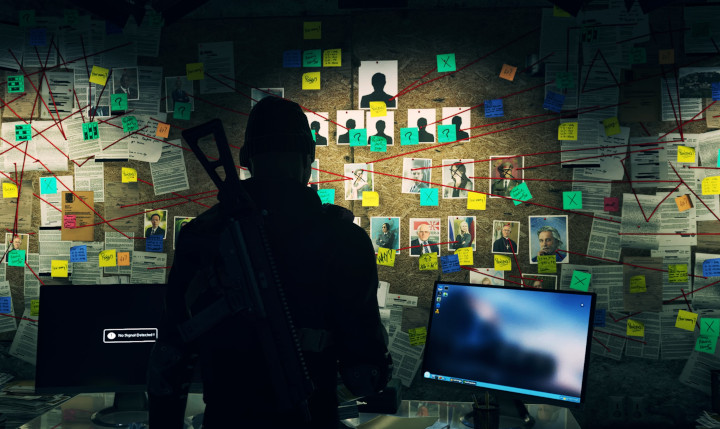
One detail I really like in the first game is that Erich Soders, the man whom you had a rivalry with during the training missions, ends up being the Providence plant and your final target for Hitman (2016). I honestly didn’t even make the connection the first time I played through the game, and only picked up on it as I was replaying the trilogy to re-experience the story. In fact, there are tons of little details like this, where paying attention to the names of characters, companies, and locations will reveal a rich and well-constructed story that’s sort of always there in the background.
Once you move into Hitman 2, Diana decides to take the whole operation off script, and you learn more about the “Shadow Client” who was behind your hits in Hitman (2016). At this point, I don’t want to say too much more about the details of the story because I would really hate to spoil something, but I will say that this is where the narrative really starts cooking.
Through all three games — but especially in Hitman 2 and 3 — the story feels like a spy thriller in the vein of the Bourne movies, with secret organizations conspiring against each other and Agent 47 stuck in the middle. There’s double-crossing, and even triple-crossing, as these organizations battle for dominance through espionage and the occasional murder (and Agent 47 leans heavily into the murder side of that equation).
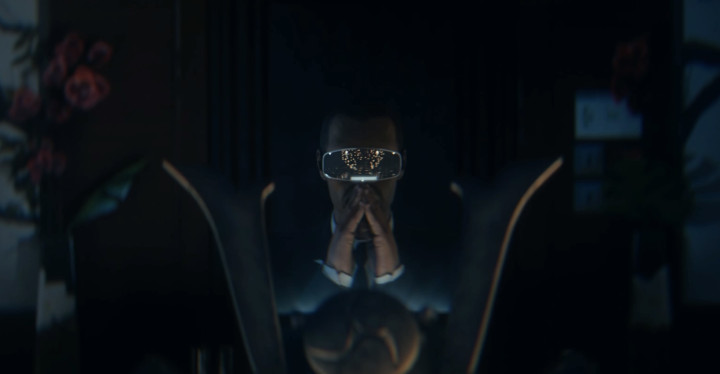
Now, I haven’t played the old Hitman games, so this trilogy was my introduction to the series. Maybe folks who’ve been with it since the start won’t find Agent 47’s origin story to be all that enticing, but I was gripped the whole time. There’s a big reveal that happens toward the end of Hitman 2, and even as I went back to re-experience it, when the details weren’t really a surprise, I still found myself hooked by the way it’s all told. This is some good stuff.
Is it perfect? Of course not. It’s a little bit frustrating that Hitman 2 uses still-frame storytelling instead of fully animated cutscenes, and I’m still scratching my head over Agent 47’s age after the big background reveal. Like, are you telling me this guy is like 60?
But even so, the main story beats are executed quite well. In fact, I’m a bit surprised that a story that took this long to tell, spread out across three full games, was able to be this cohesive and well-plotted. I assume the entire story must have been planned from the get-go.
Part of this, I admit, is the music, which feels high-stakes and a bit eerie. The score here is perfection, and even in its quieter moments, it manages to feel intense. And you have to admit that Lucas Grey’s gravelly voice is its own musical instrument. Voiced by John Hopkins, I could listen to this man talk all day.
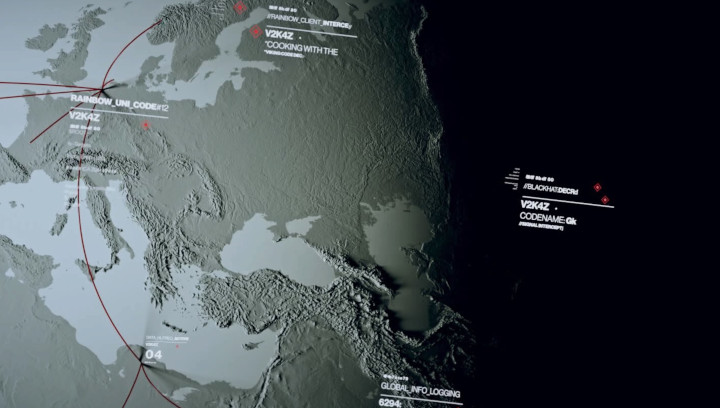
Again, I confess that the narrative isn’t the reason I fell in love with this game series. No, the game mechanics here are a master class in stealth gameplay, and your toolkit, which feels like it’s constantly expanding, is really satisfying to use. And I have to admit that I’m a sucker for a game with a massive amount of unlockables.
But even so, the Hitman World of Assassination story is a web well woven; it feels like a brisk spy novel if you don’t get too distracted by the gameplay. And even if you do, there are tons of little details to discover in each map that will increase your appreciation for the lore of this game world (like the secret ending of the Mendoza map, for instance).
So when people say that Hitman doesn’t have a good story, I simply have to disagree. Then again, that’s not the only thing I disagree with people about when it comes to Hitman…